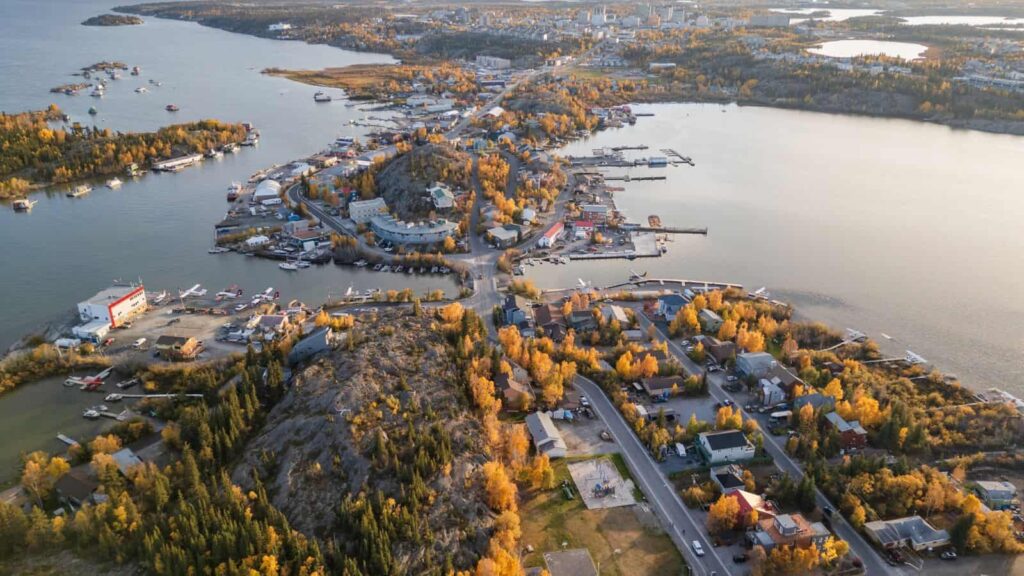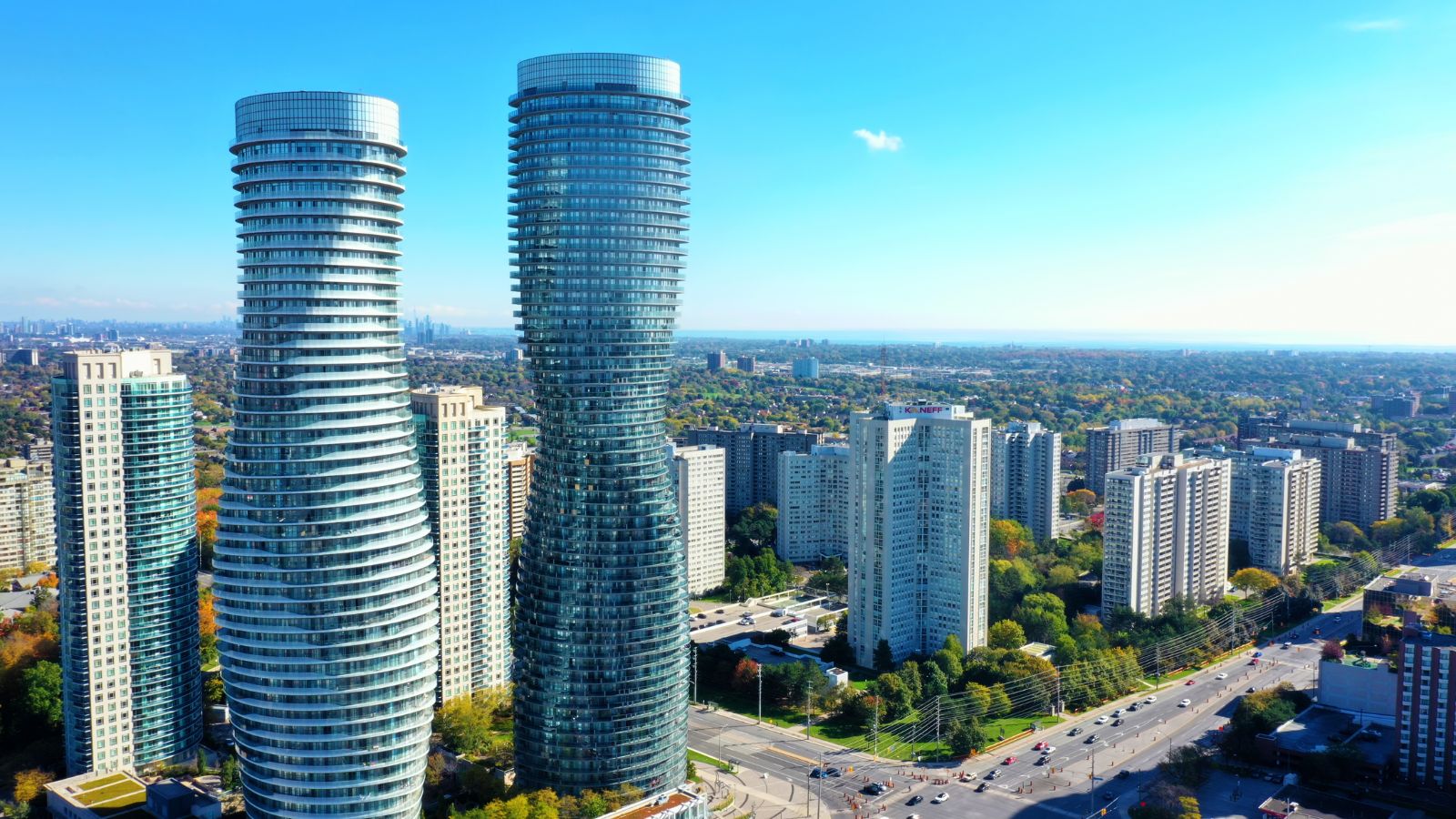Across Canada, some communities are already shaping the future while others are still planning for it. From clean energy to digital tools, they are solving today’s problems in creative ways. With strong leadership, community support, and smart planning, they are showing what real progress can look like. These cities and towns are setting examples for the rest of the world. Here are 24 Canadian communities that are years ahead of their time.
Guelph, Ontario
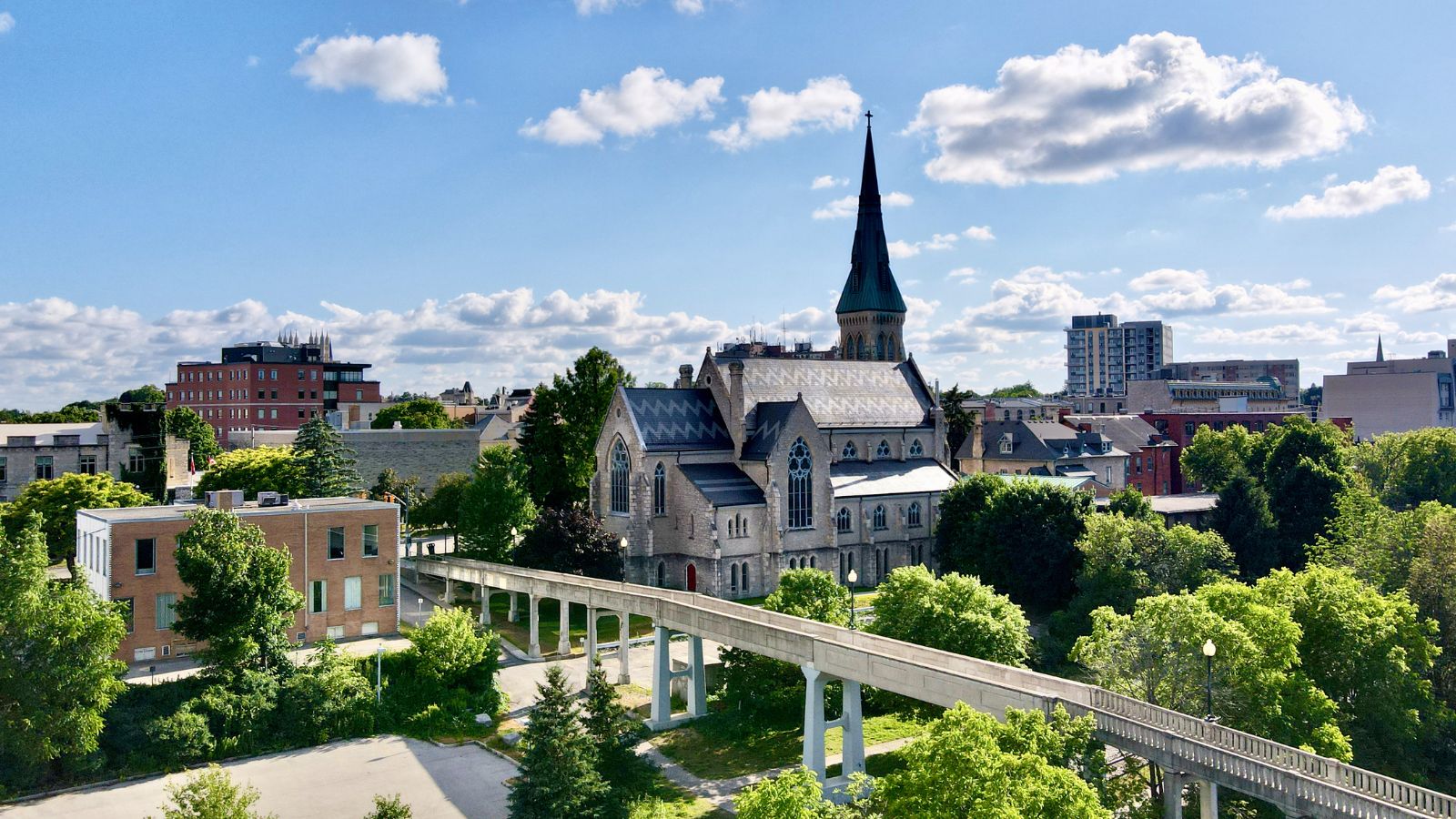
Guelph is quietly becoming a blueprint for sustainable urban living. Known as the “Royal City,” it is leading in water conservation, waste management, and local food innovation. Guelph’s circular food economy project is getting global attention, showing how cities can reduce food waste while supporting farmers and communities. The city is also investing in clean tech, smart mobility, and data-driven public services. With a strong university at its core, Guelph blends research, community action, and policy in ways that make it stand out on the national stage.
Saanich, British Columbia
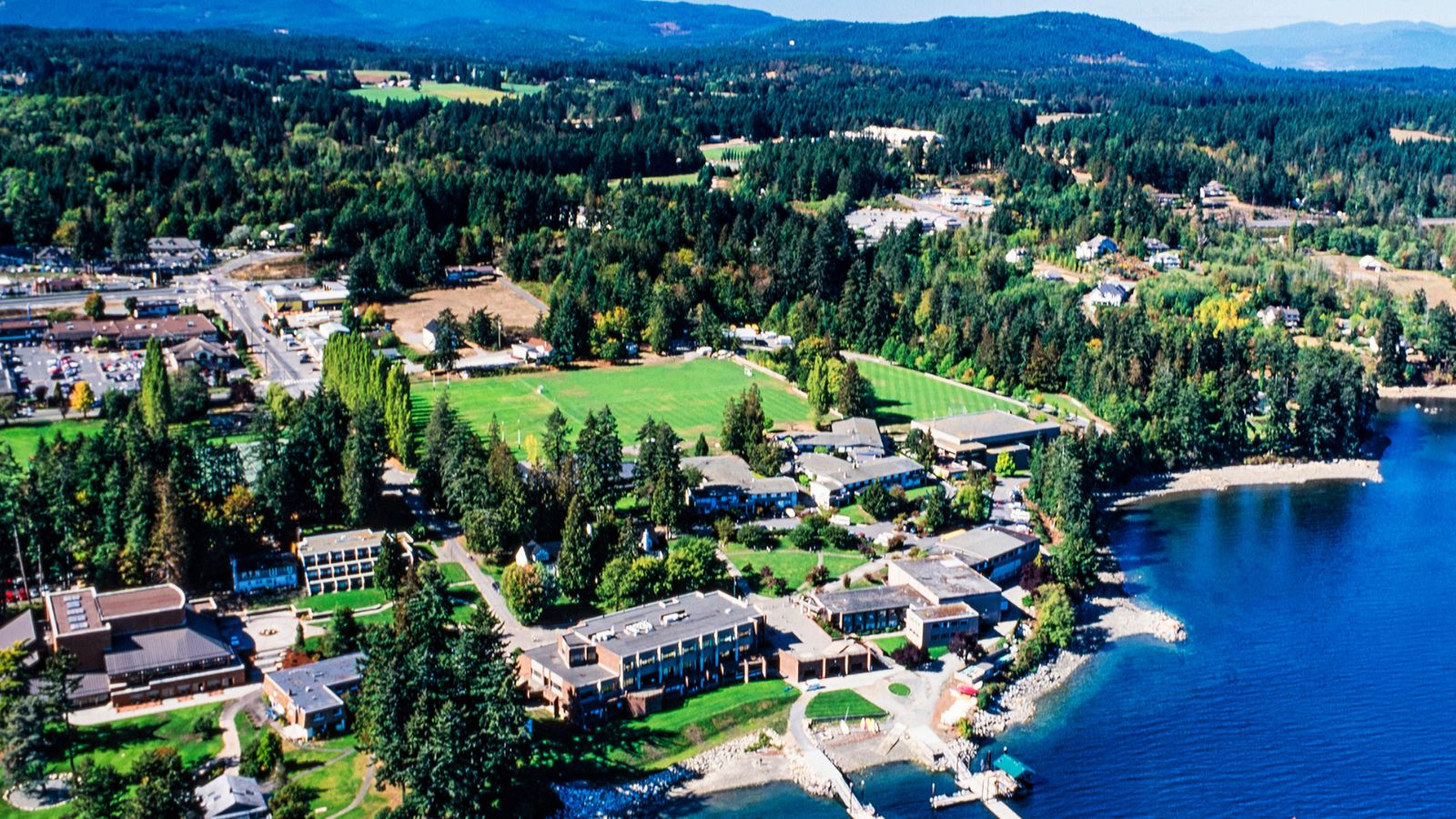
Saanich is proving that green growth can go hand in hand with local values. With significant investments in climate adaptation and nature preservation, the community is designing urban life around ecosystems. It supports energy-efficient homes, electric mobility, and green jobs through programs that make sustainability practical for residents. Saanich is also working closely with Indigenous partners to shape future development. This collaboration brings deep knowledge and respect for land, which is helping the region build long-term resilience in a changing climate.
Halifax, Nova Scotia
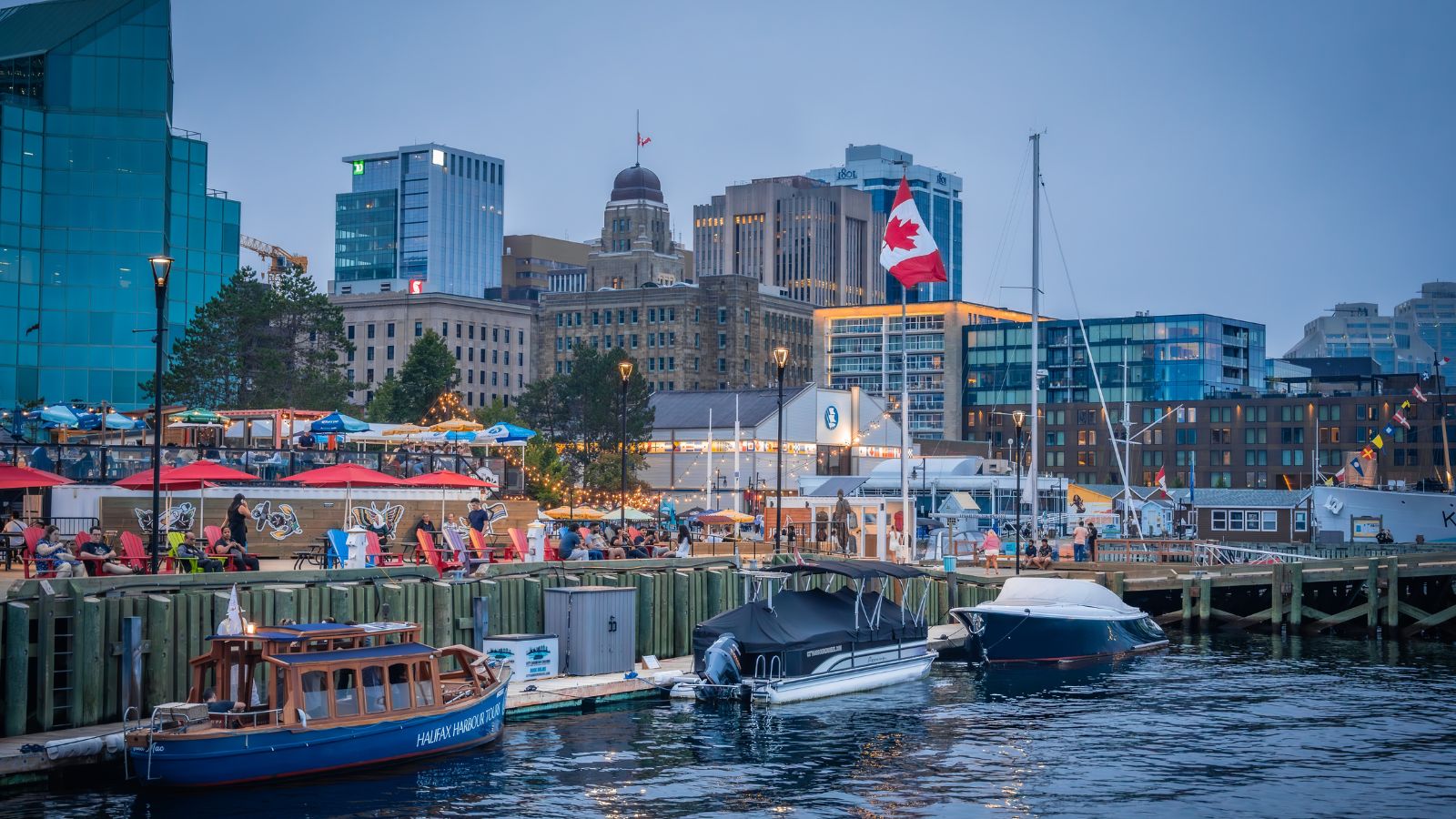
Halifax is transforming from a historic port city into a rising innovation hub on the Atlantic coast. Its startup scene is growing fast, driven by young talent and strong academic institutions. The city is making bold moves in ocean tech, renewable energy, and smart housing. Public services in Halifax are being redesigned with technology and inclusion in mind. At the same time, Halifax is investing in community programs that keep growth rooted in equity. The city’s blend of heritage, ambition, and practical innovation is setting it apart.
Canmore, Alberta
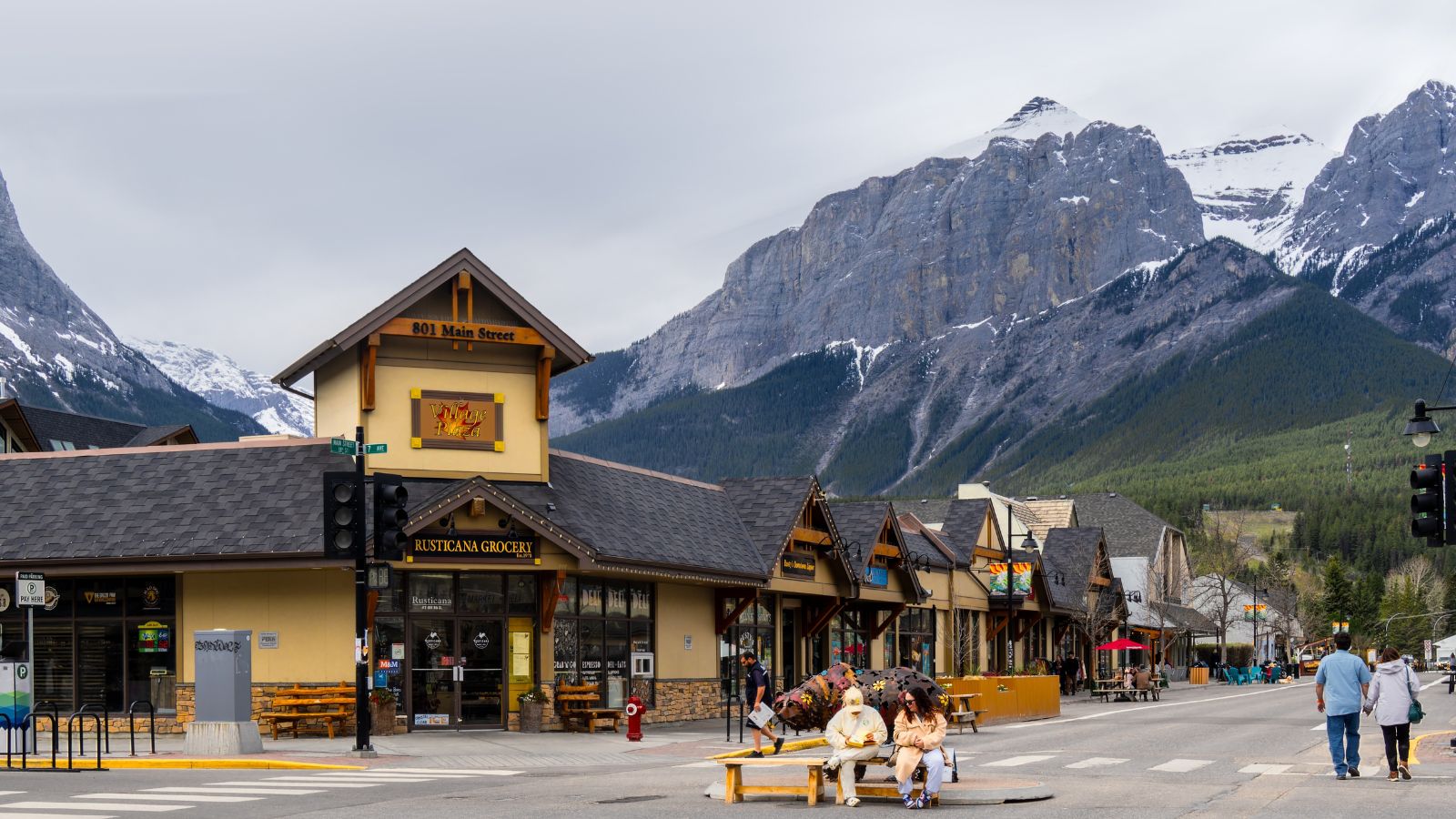
Canmore is showing how small towns can lead on big climate goals. Surrounded by the Rocky Mountains, it has turned its environmental challenges into opportunities. The town is focusing on smart land use, low-emission buildings, and green tourism. Local leaders are working with scientists and citizens to protect the region’s natural beauty while planning for sustainable growth. Canmore’s climate action plans are clear, community-driven, and already making an impact.
Charlottetown, Prince Edward Island
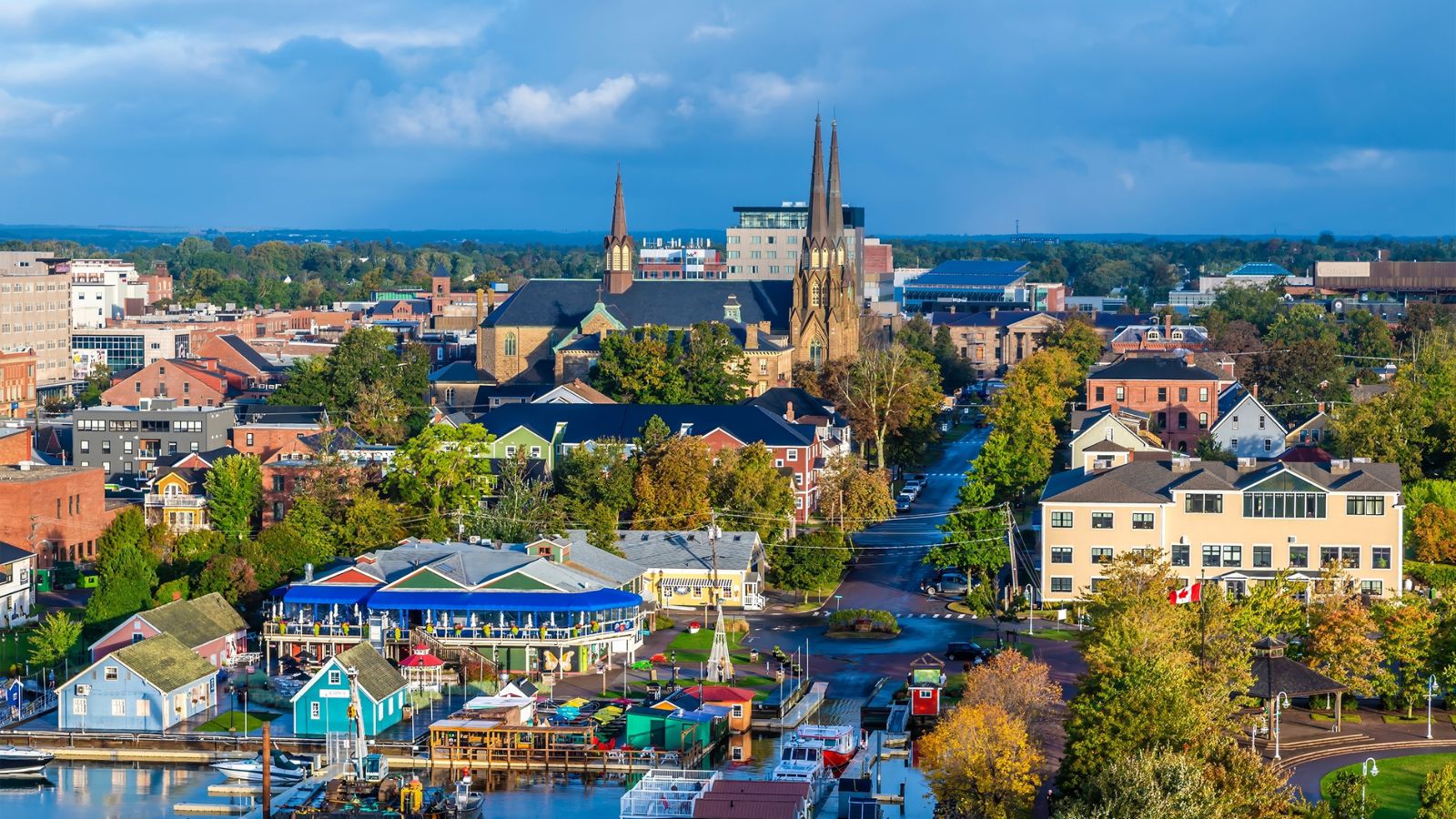
Charlottetown is mixing heritage and high tech in smart ways. Known as the birthplace of Confederation, this capital city is now gaining attention for its innovation in healthcare, clean energy, and biotech. With strong university ties and a growing startup scene, Charlottetown is supporting homegrown talent and future-ready businesses. Its public sector is also testing new approaches in digital services and citizen engagement. While the city keeps its small-town charm, its ambition to lead in key future industries is clear and consistent.
Whitehorse, Yukon
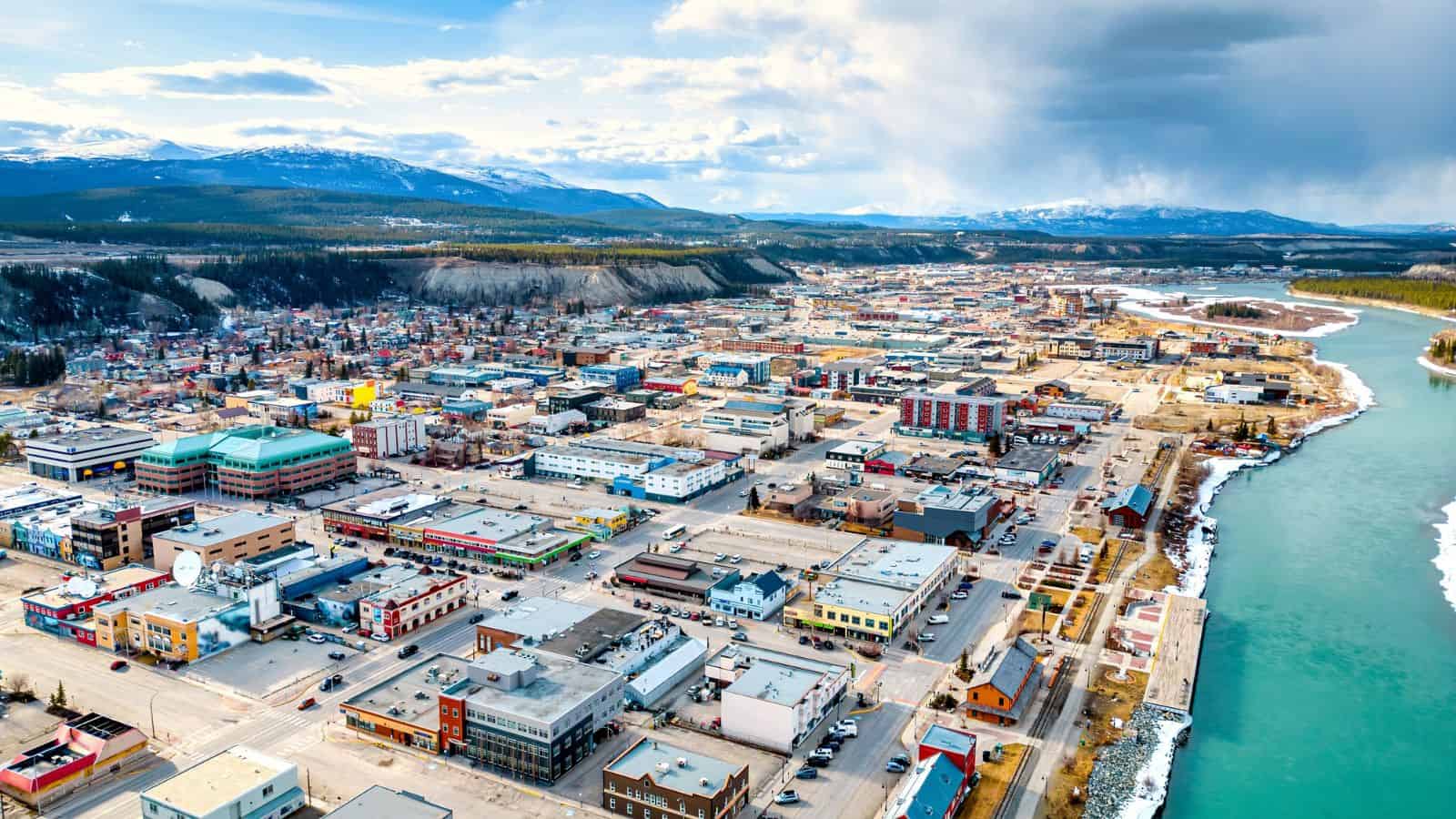
Whitehorse is lighting the way for northern innovation. Despite its remote location, the city is pioneering in areas like renewable energy, Indigenous governance, and digital inclusion. Its local government is supporting energy-efficient housing and clean transportation options that suit Arctic conditions. Whitehorse is also strengthening cultural and economic ties with First Nations, making community collaboration part of how decisions are made.
Waterloo, Ontario
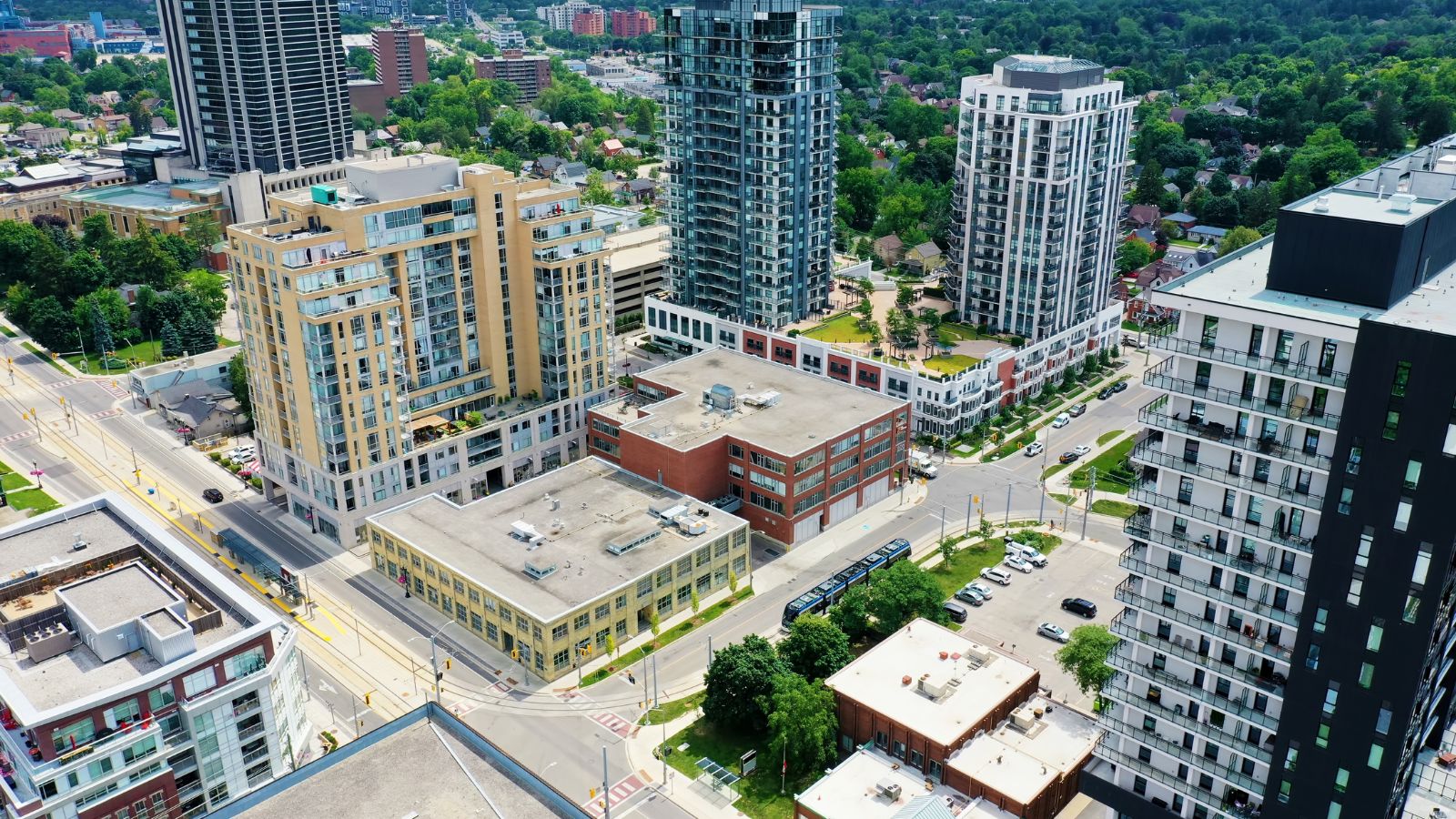
Waterloo is shaping Canada’s tech future with a potent mix of research, startups, and smart policy. Home to one of the country’s top universities, it produces a steady stream of skilled talent in AI, cybersecurity, and robotics. Its innovation ecosystem supports both small founders and global tech players. The city is also investing in smart mobility and clean energy, testing future-forward solutions right on its streets. Waterloo’s mix of brainpower, business sense, and bold planning keeps it steps ahead of the curve.
Kelowna, British Columbia
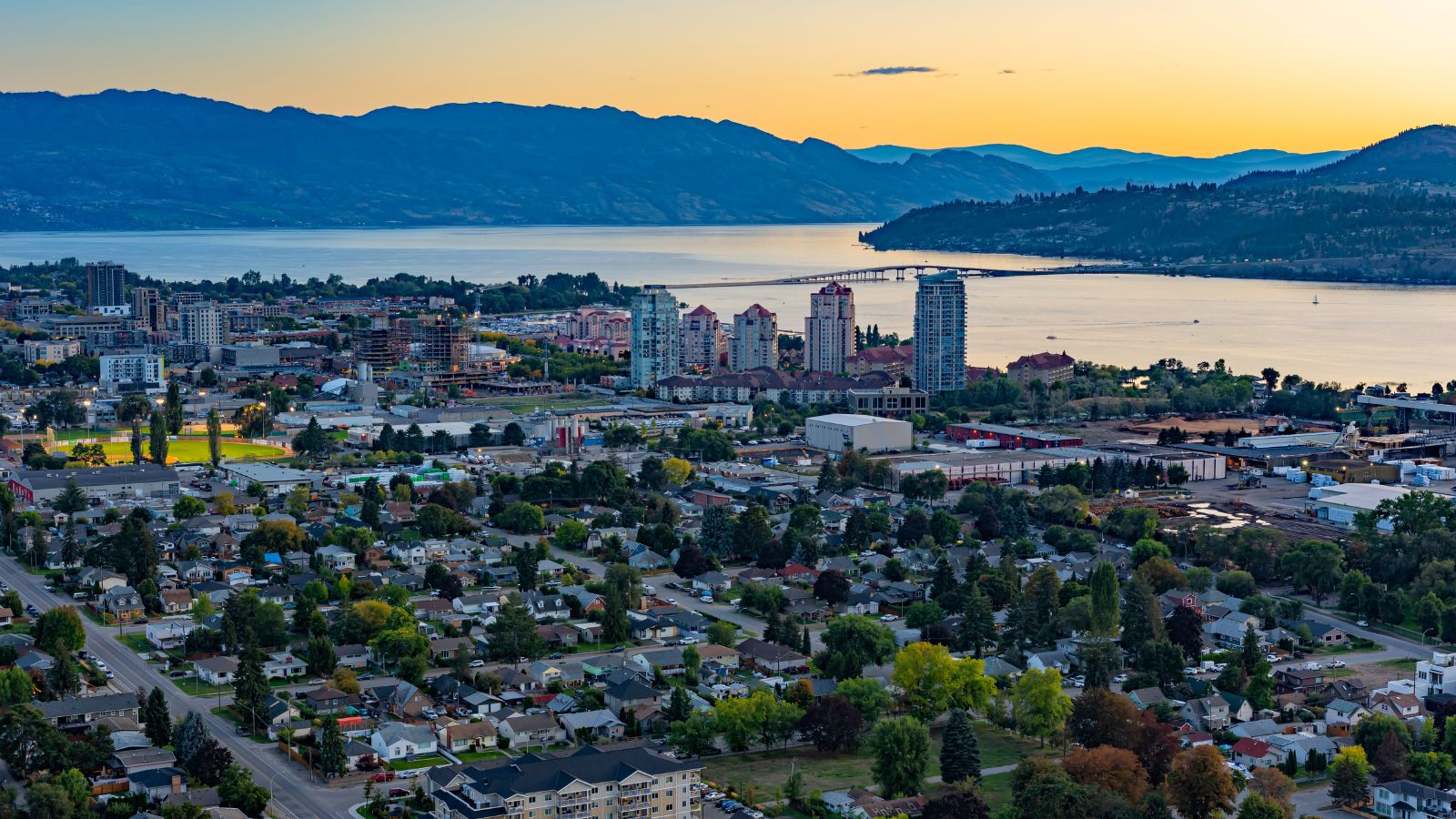
Kelowna is quietly becoming one of Canada’s rising tech hubs. With a booming startup scene and strong support for clean tech, agritech, and digital health, the city is creating new opportunities beyond its scenic beauty. Local partnerships between the university, businesses, and the city have built a collaborative innovation culture. Whether it’s testing autonomous shuttles or designing smart irrigation systems, Kelowna is using technology to solve real-world problems while keeping community values at the centre.
Toronto, Ontario
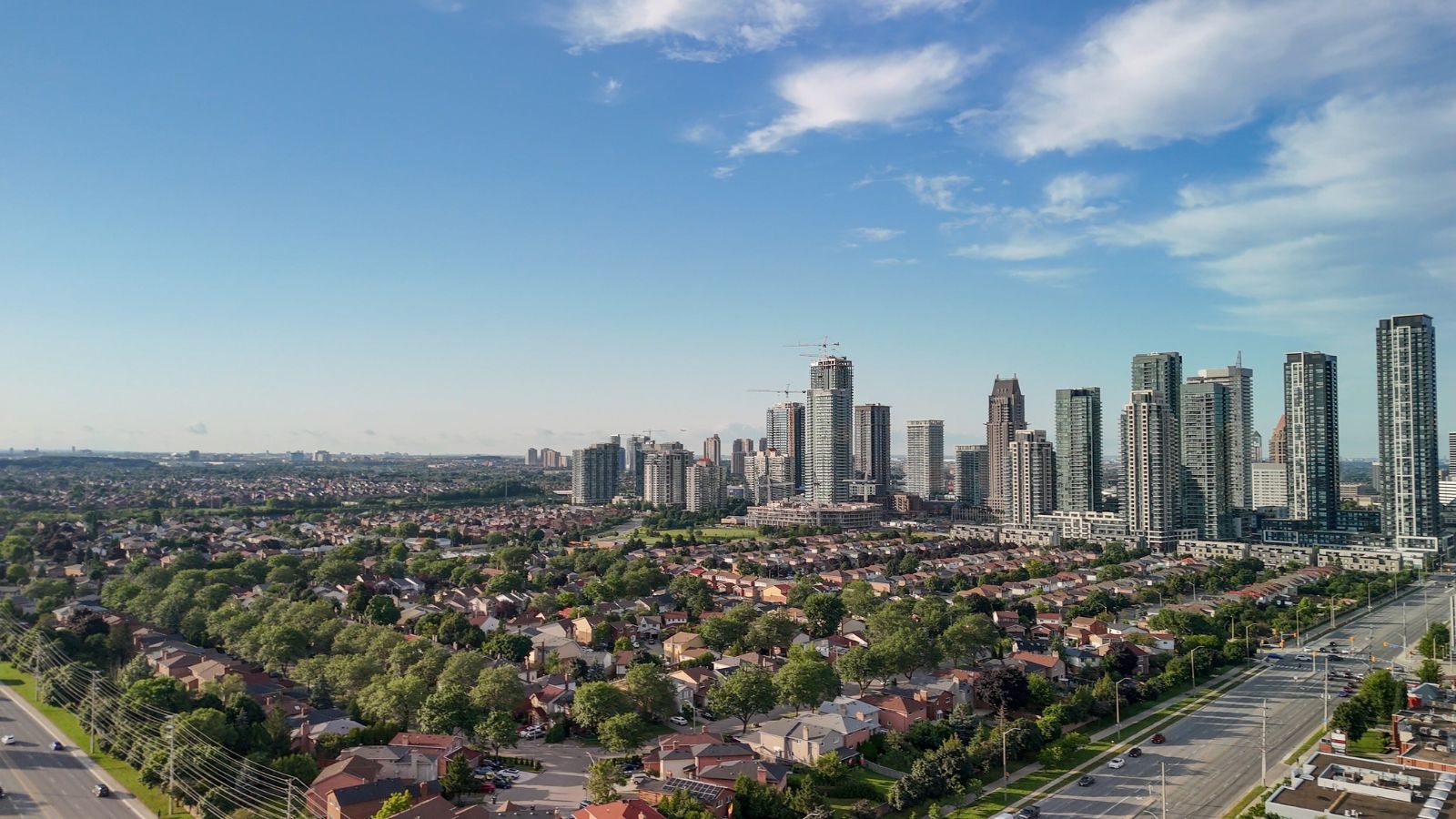
Toronto is more than Canada’s largest city—it’s a global force in innovation. With world-class research institutions, diverse talent, and a thriving startup ecosystem, Toronto is shaping the future of AI, biotech, finance, and digital media. It’s also leading urban experiments in smart mobility, green buildings, and inclusive development. Toronto’s strength lies in its ability to scale new ideas while staying rooted in multicultural values. The city is not just keeping up with global trends—it’s setting them.
Vancouver, British Columbia
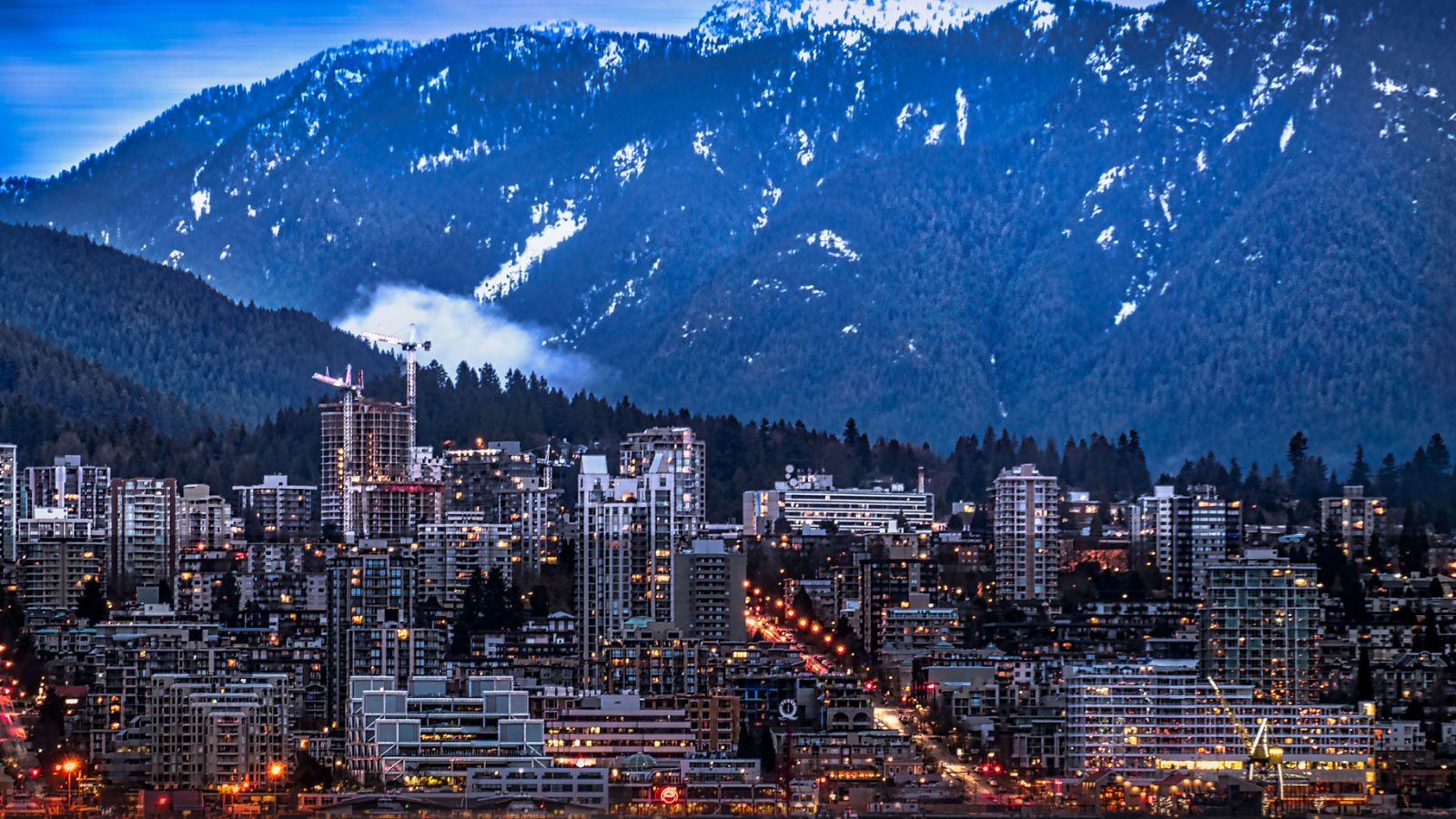
Vancouver blends nature and innovation in ways few cities can match. It’s home to leaders in sustainability, clean energy, film tech, and life sciences. The city’s climate-forward mindset shows in its eco-building policies, active transportation networks, and circular economy efforts. With strong connections to global markets and a vibrant innovation corridor, Vancouver continues to attract bold thinkers and green investors. The city isn’t just preparing for the future—it’s building it now.
Montréal, Quebec
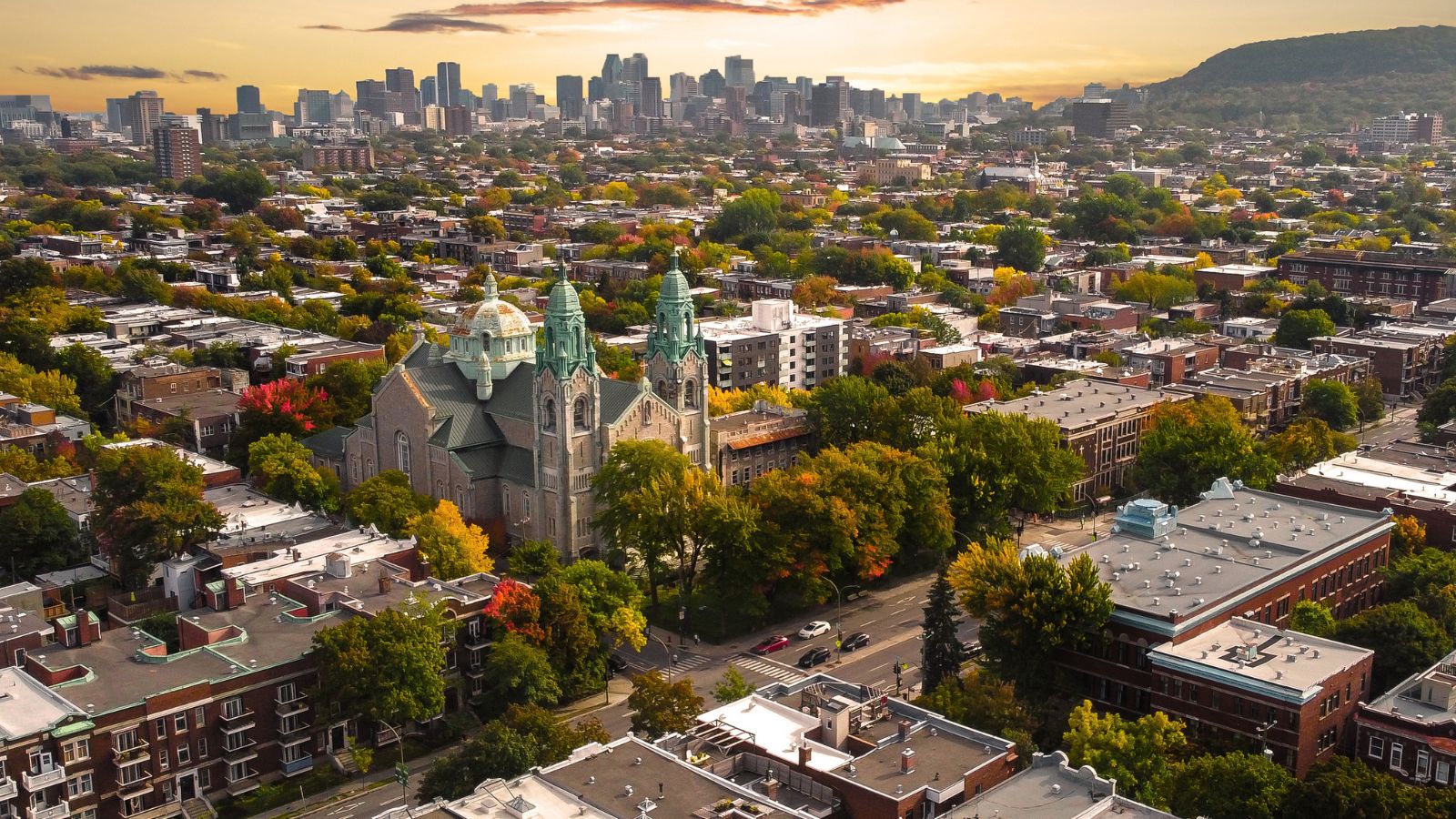
Montréal is turning creativity into a growth engine. With strengths in AI, aerospace, and gaming, the city is drawing global attention while staying true to its cultural roots. Research hubs like Mila have placed Montréal at the forefront of ethical AI. The city also stands out for its focus on social innovation, inclusive design, and climate resilience. Public spaces, transit, and startup funding are being shaped with both equity and sustainability in mind. Montréal is proving that innovation works best when it reflects local values.
Calgary, Alberta
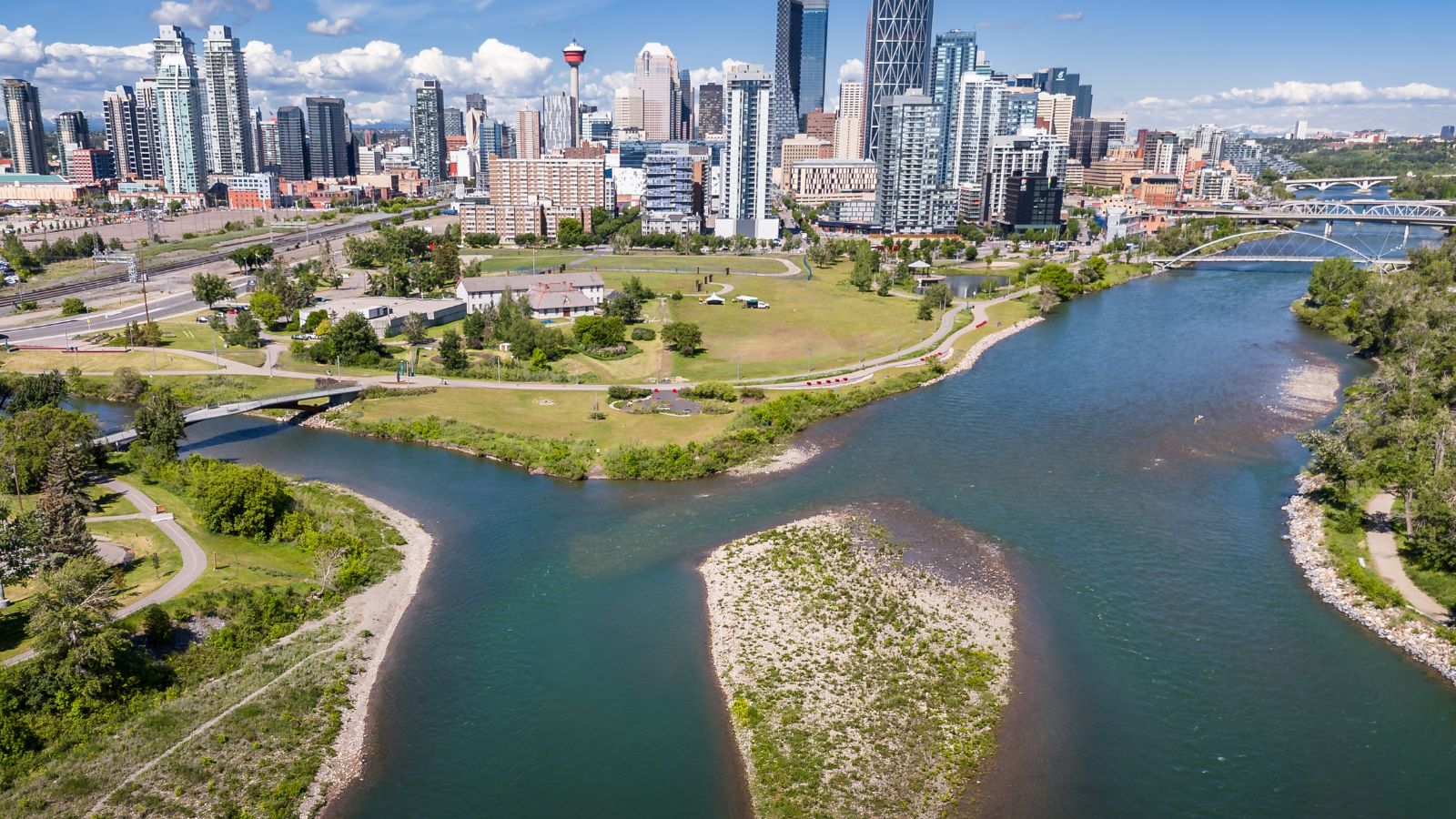
Calgary is transforming from an energy capital to a tech powerhouse. While still grounded in oil and gas, the city is rapidly growing in sectors like cleantech, fintech, and digital logistics. With strong support from incubators, universities, and civic programs, Calgary is welcoming entrepreneurs who want to build future-ready solutions. Investments in green hydrogen, smart city pilots, and drone technologies reflect a bold shift toward a more diverse, sustainable economy.
Mississauga, Ontario
Mississauga is making big moves in advanced manufacturing, life sciences, and smart mobility. Its location next to Toronto and Pearson International Airport makes it a global gateway for trade and innovation. The city’s Innovation District is attracting startups, research labs, and international tech firms. Local leadership is also focused on digital inclusion, green infrastructure, and accessible public services.
Brampton, Ontario
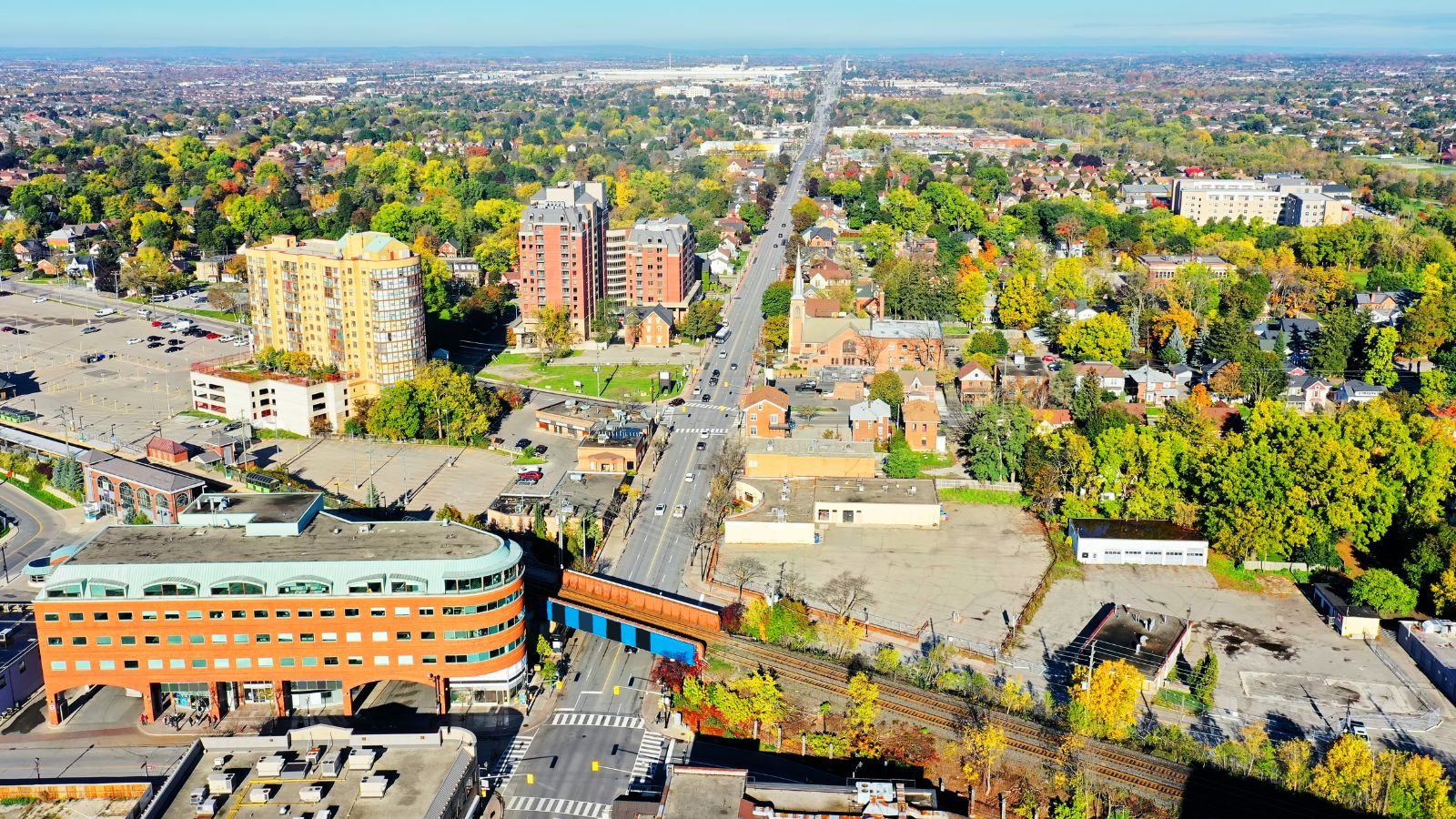
Brampton is one of Canada’s fastest-growing cities—and it’s planning for that growth with smart infrastructure and community-first innovation. From building an autonomous vehicle test zone to expanding cybersecurity training programs, Brampton is positioning itself as a future tech hub. The city also invests in health innovation and creative industries, showing a strong commitment to both economic development and quality of life. Brampton’s forward-thinking approach blends diversity, technology, and resilience in a way that stands out nationally.
Ottawa, Ontario
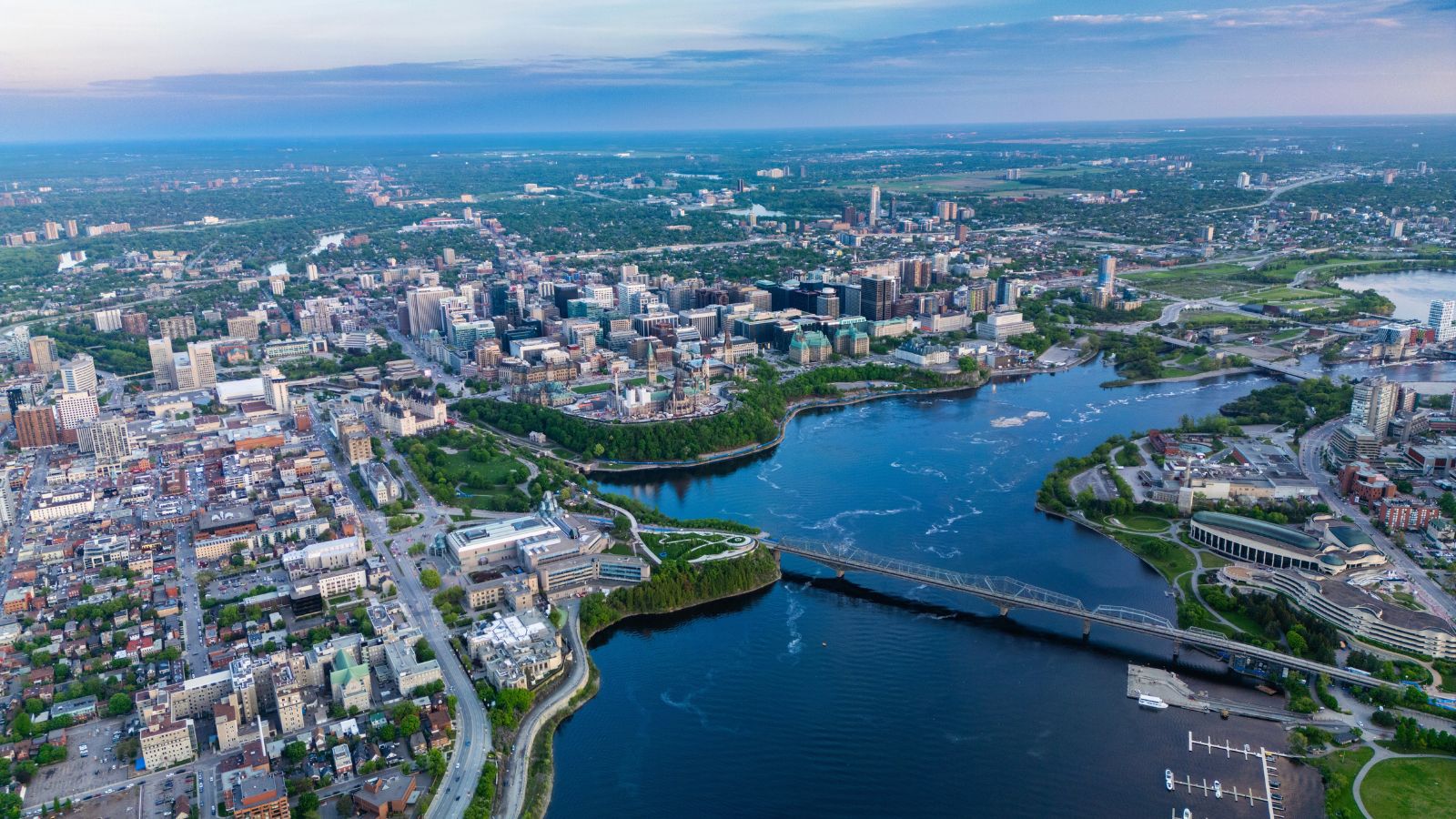
As Canada’s capital, Ottawa blends public policy leadership with serious tech innovation. It’s home to one of the country’s most dynamic startup scenes, especially in areas like cybersecurity, telecommunications, and clean energy. The city’s universities and research institutions work closely with government labs and private firms, creating a strong innovation ecosystem. Ottawa is also focused on smart mobility, 5G deployment, and digital public services, all while maintaining a high quality of life. It’s a city where future-focused ideas are actively shaping national solutions.
Hamilton, Ontario
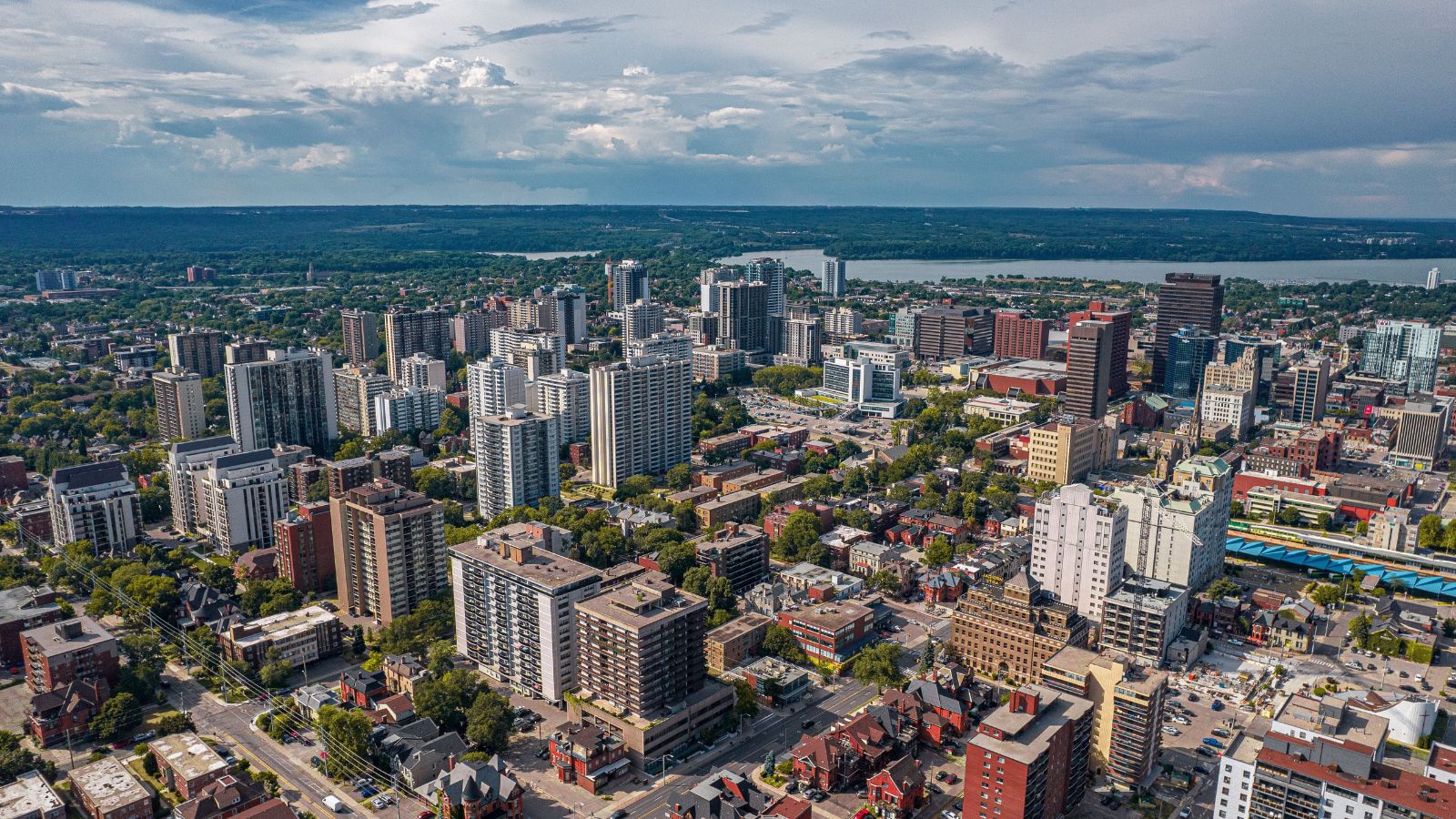
Once known chiefly for steel, Hamilton is now a hub for health innovation, advanced manufacturing, and green technology. McMaster University drives research in clean energy, biotech, and materials science. Meanwhile, the city’s industrial roots are evolving with cleaner processes and sustainable design. Hamilton is also leading in community-based urban renewal, turning former industrial zones into modern innovation spaces. This shift reflects a larger commitment to inclusive growth, environmental leadership, and economic resilience.
London, Ontario
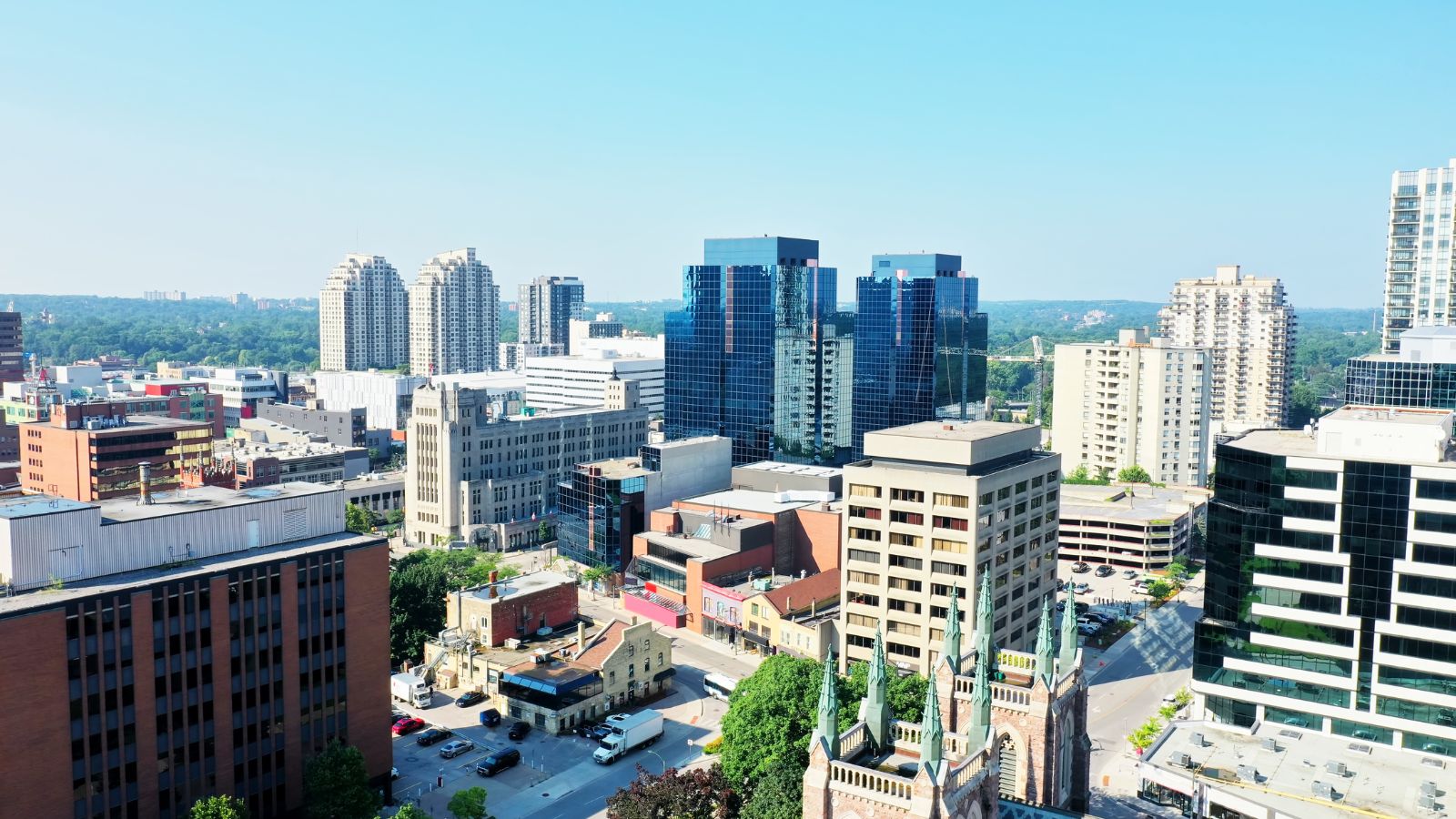
London is becoming a centre for medical research, agri-tech, and fintech. With support from Western University and a strong hospital network, the city attracts talent and investment from around the world. London’s tech sector is growing steadily, with startups building solutions in health data, automation, and green logistics. The city is also investing in downtown revitalization and digital infrastructure, ensuring future growth is both smart and sustainable. London proves that mid-sized cities can punch well above their weight in innovation.
Kitchener, Ontario
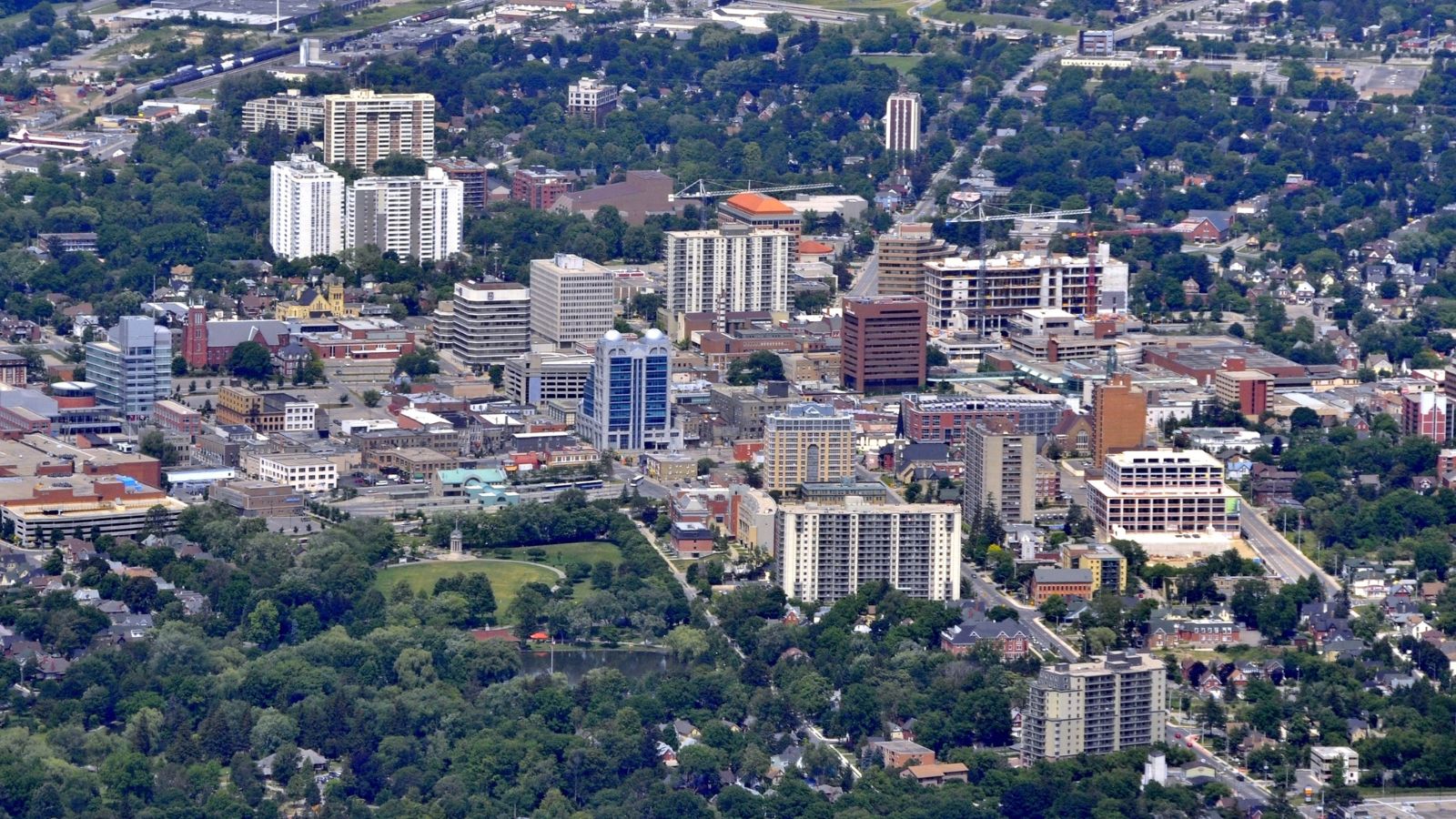
Part of Canada’s innovation corridor, Kitchener has grown from a manufacturing hub into a thriving tech ecosystem. It shares a strong connection with Waterloo, making the region a magnet for startups, venture capital, and top engineering talent. Innovation hubs like Communitech and Velocity support local entrepreneurs in scaling ideas in AI, robotics, and advanced manufacturing. The city is also rethinking public transit and green spaces to support sustainable urban growth. Kitchener is shaping the future through collaboration and creativity.
Québec City, Quebec
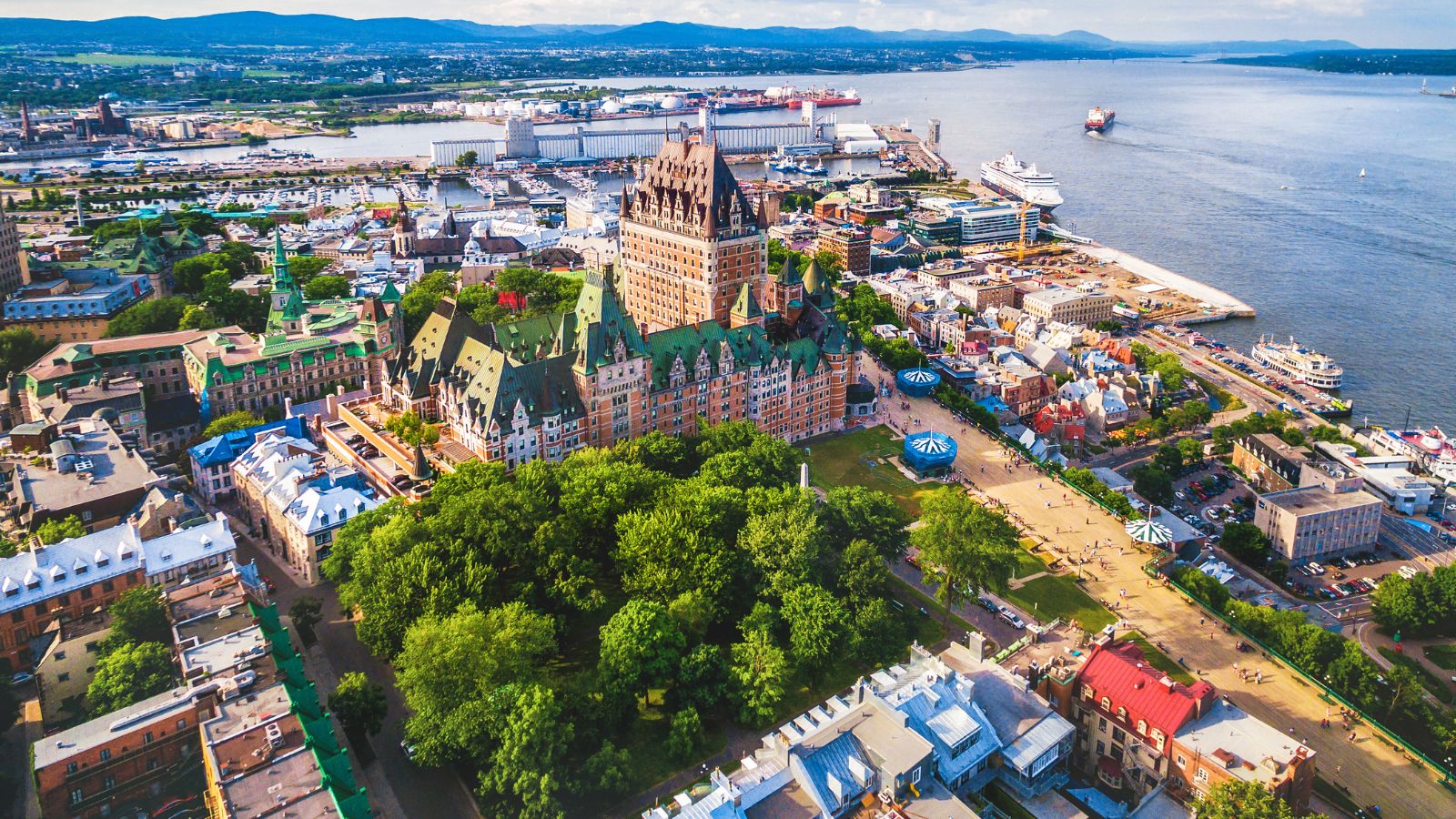
Québec City combines a deep historical legacy with a forward-looking mindset. With top universities and tech incubators, the city is advancing fields like life sciences, optics, AI, and digital media. Both the public and private sectors work together on sustainable development and smart city solutions. The city’s rich cultural identity supports a growing creative tech scene that includes gaming, animation, and immersive experiences.
Victoria, British Columbia
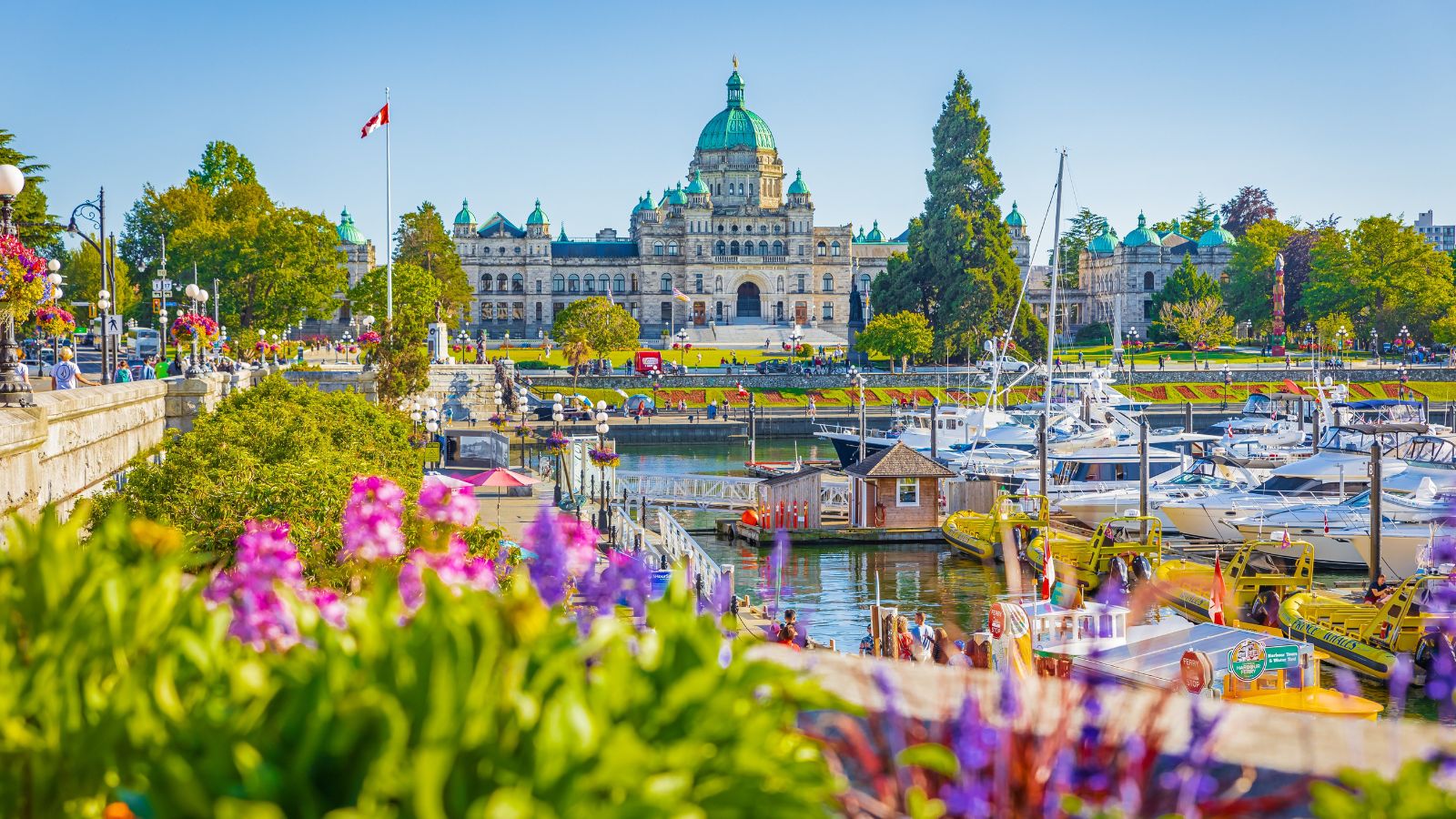
Victoria stands out for its leadership in environmental innovation and green economy jobs. The city focuses on clean transportation, coastal protection, and sustainable urban development. A growing number of climate tech and marine tech startups call Victoria home. Strong partnerships with universities and Indigenous communities are shaping policies rooted in stewardship and equity. Victoria proves that climate action and economic growth can support each other and create lasting change.
St. John’s, Newfoundland and Labrador
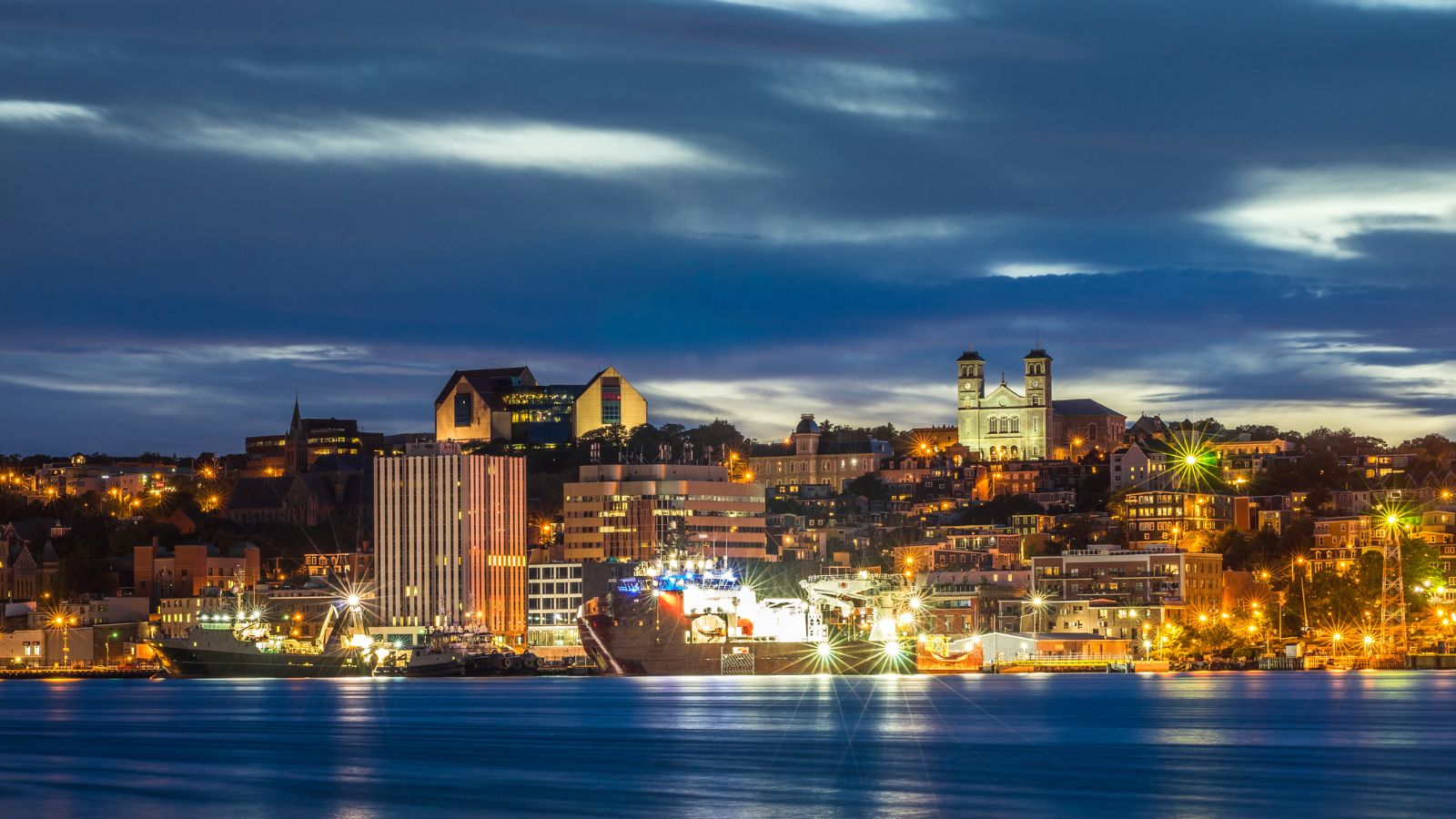
St. John’s is leading ocean innovation with its unique location and research strengths. Home to the Marine Institute and ocean tech startups, the city supports advancements in underwater robotics, climate monitoring, and sustainable fisheries. It blends centuries of maritime heritage with cutting-edge research and commercialization. St. John’s is creating high-value jobs while protecting vital marine ecosystems and preparing for future global demands in blue economy sectors.
Regina, Saskatchewan
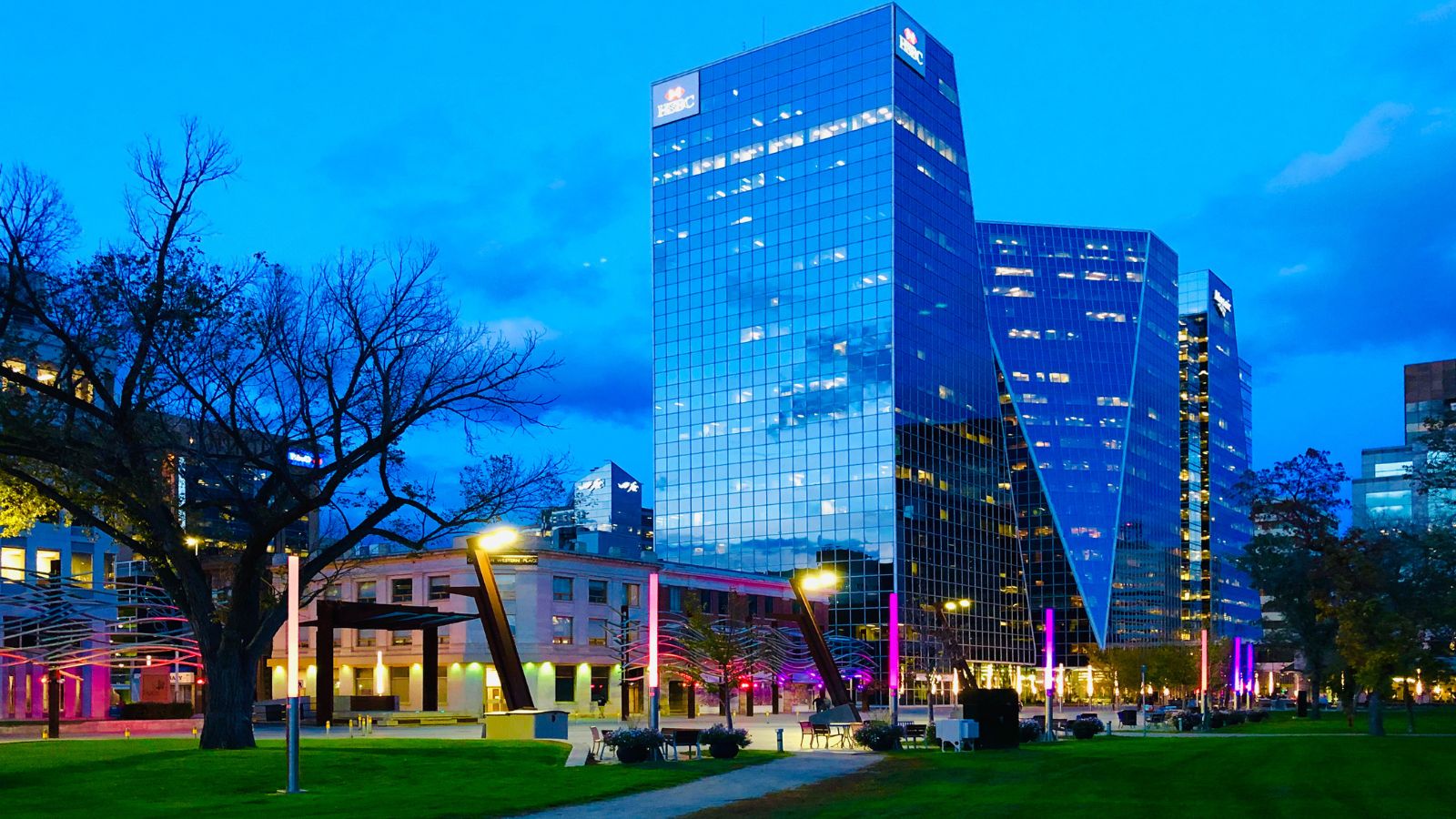
Regina is investing in clean energy, agri-tech, and smart infrastructure to build a sustainable future. The city supports startups working on innovations in carbon capture, food security, and precision farming. As the heart of Saskatchewan’s agricultural economy, Regina is using technology to reduce emissions and improve productivity. Education and research institutions are also aligning with industry to drive talent development and innovation.
Fredericton, New Brunswick
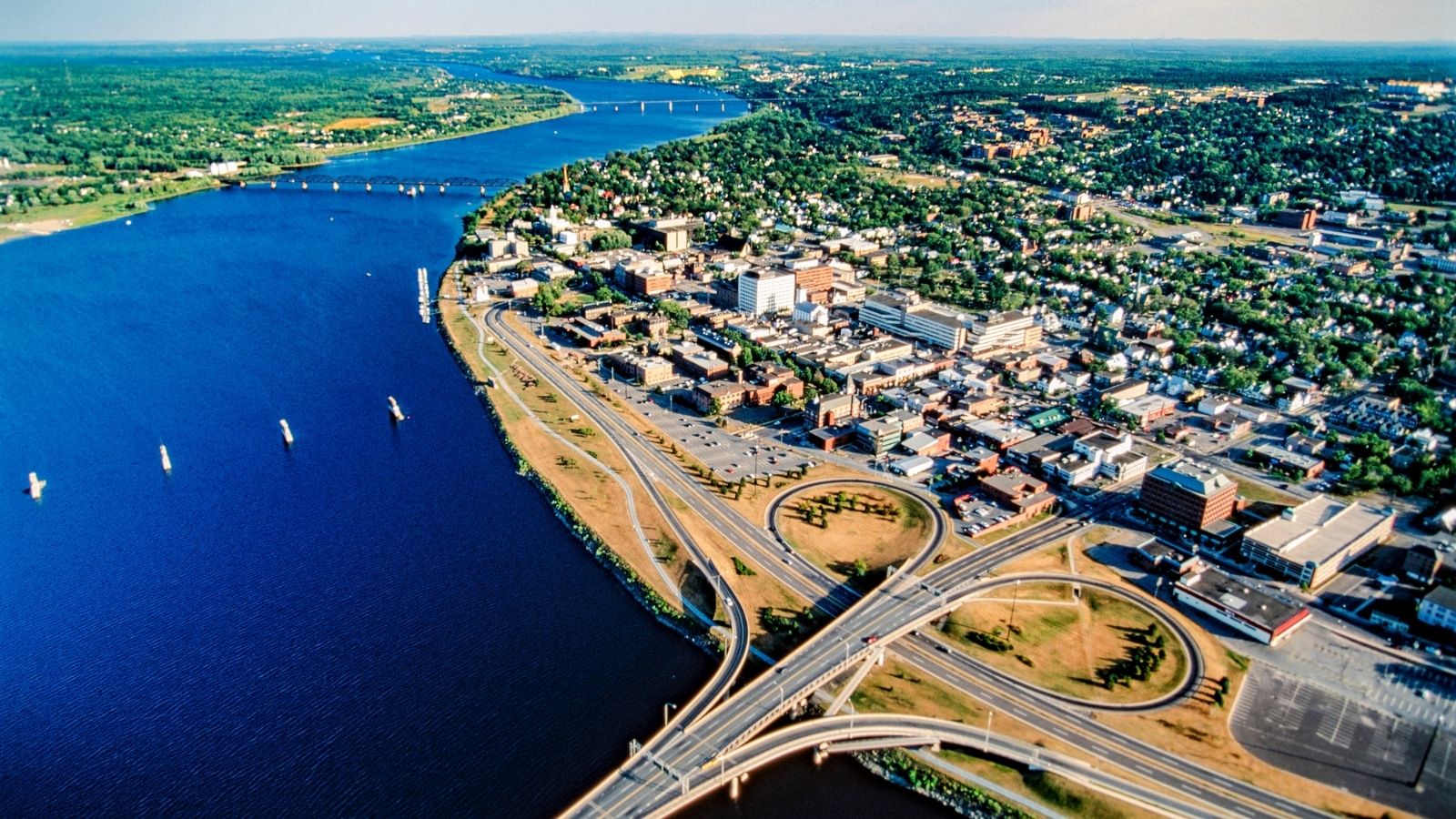
Fredericton is one of Canada’s most connected and digitally forward cities. With strong broadband infrastructure and a tech-savvy community, it’s a launchpad for cybersecurity, clean tech, and software innovation. Institutions like the University of New Brunswick fuel local startups and research, while government partnerships help bring ideas to market. Fredericton’s approach to smart urban development and digital governance sets an example for mid-sized cities looking to future-proof themselves.
Yellowknife, Northwest Territories
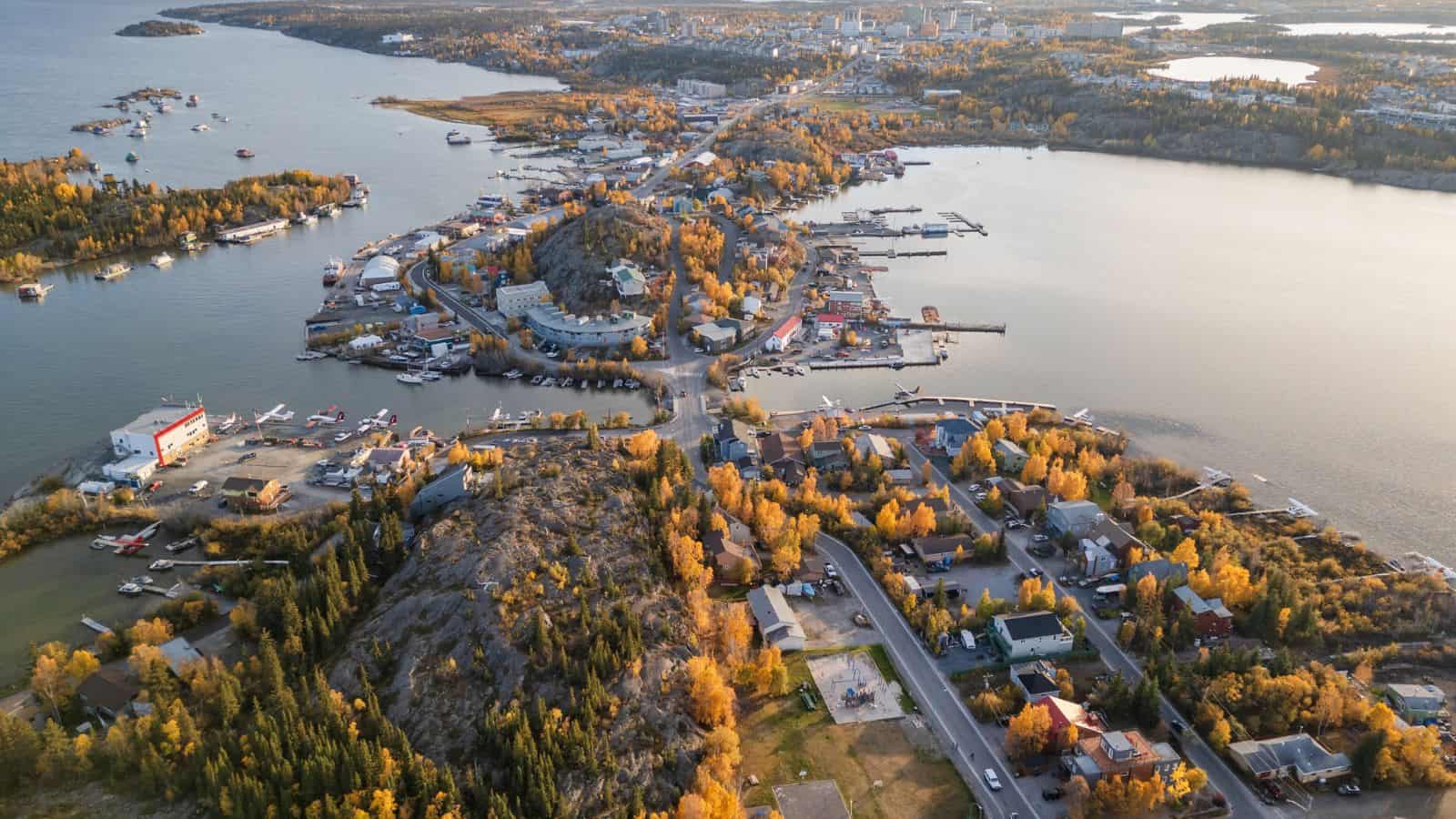
Yellowknife is proving that innovation doesn’t require size or southern geography. With unique challenges come creative solutions, especially in clean energy and climate resilience. The city is advancing solar, wind, and battery storage projects to reduce diesel dependency. Partnerships with Indigenous communities ensure that development respects land, culture, and climate goals. Yellowknife’s remote innovation is showing the rest of Canada how to thrive in extreme environments while building a sustainable path forward.
21 Products Canadians Should Stockpile Before Tariffs Hit

If trade tensions escalate between Canada and the U.S., everyday essentials can suddenly disappear or skyrocket in price. Products like pantry basics and tech must-haves that depend on are deeply tied to cross-border supply chains and are likely to face various kinds of disruptions
21 Products Canadians Should Stockpile Before Tariffs Hit
